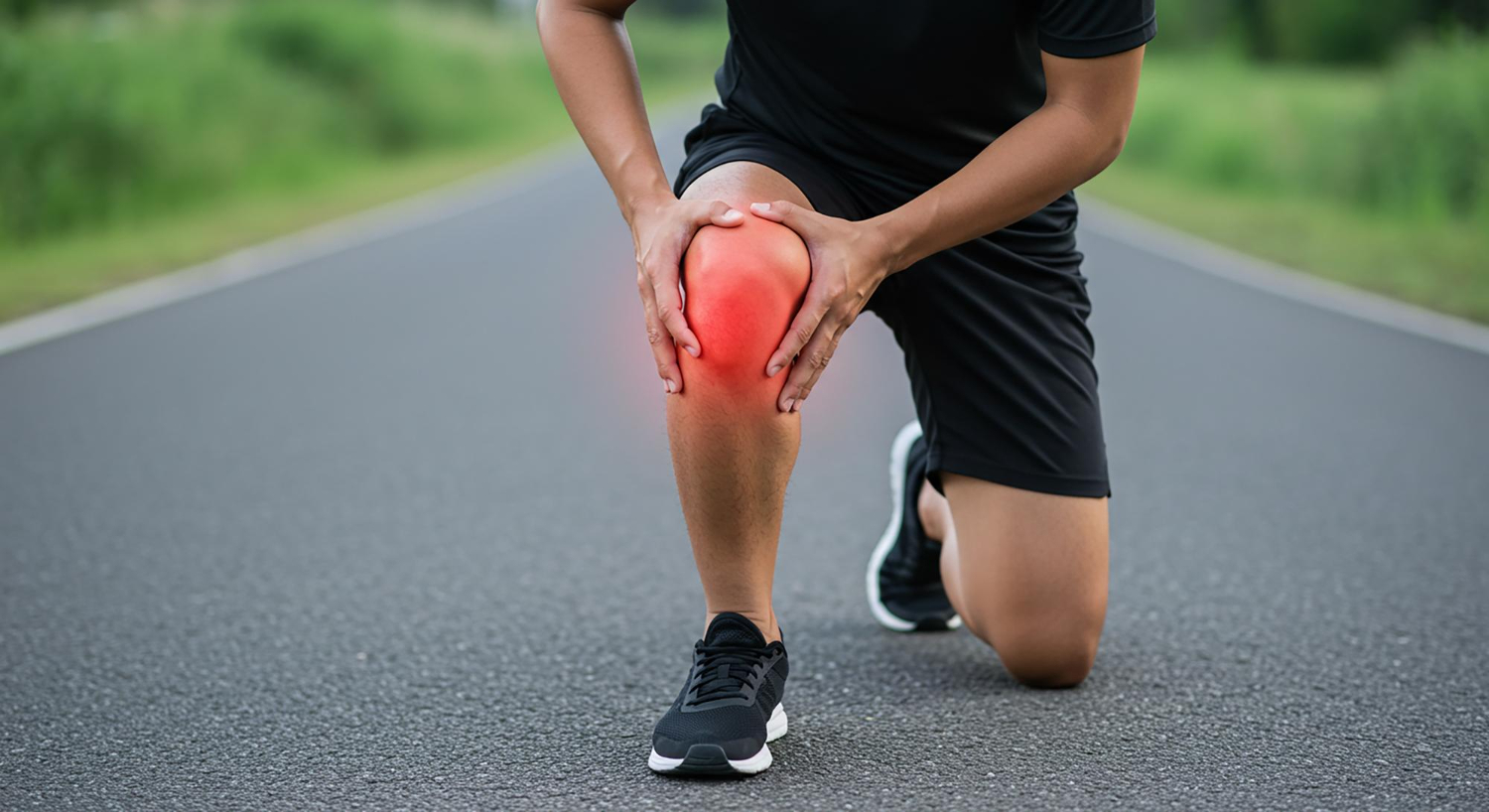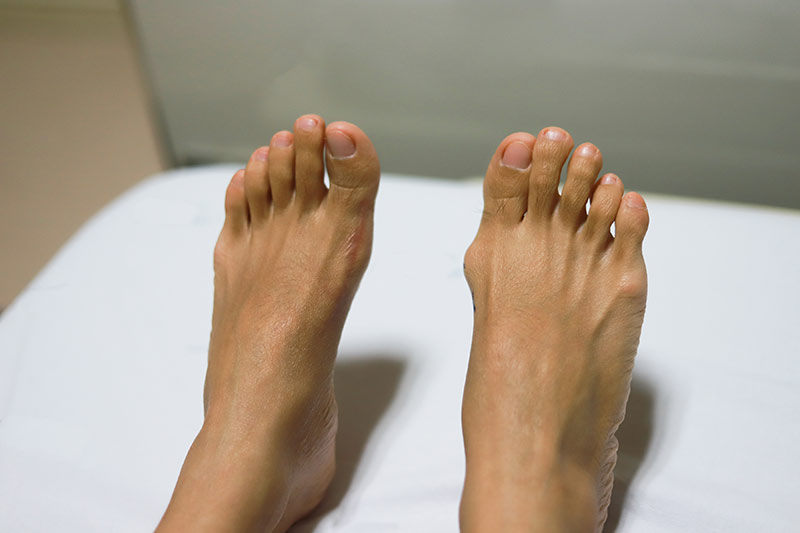When most people think of tennis elbow, they picture pain during racquet sports or heavy lifting. But the impact of this common condition, known medically as lateral epicondylitis, goes far beyond the court or the gym.
Tennis elbow is caused by repetitive strain on the tendons of your forearm, leading to pain and tenderness on the outside of the elbow. While it might start as a mild annoyance, it can quickly turn into chronic pain that affects your sleep quality, mood, and daily productivity.
Read along to learn how tennis elbow can quietly chip away at your well-being, and why early treatment can make all the difference.
It’s Not Just an Athlete’s Injury
Despite the name, tennis elbow doesn’t just affect tennis players.
Anyone who uses repetitive arm movements, think typing, using a mouse, carrying groceries, or playing musical instruments, can develop it.
It often begins subtly: a dull ache when lifting objects or turning door handles. Over time, that pain can intensify, making even simple daily tasks a challenge.
The Impact on Sleep
One of the lesser-known but significant consequences of tennis elbow is how it can disrupt sleep.
Pain often worsens at night because your arm is at rest and not actively engaged. You might wake up from sharp pain when you roll over or accidentally bump your arm. Over time, these sleep interruptions can lead to:
- Difficulty falling or staying asleep
- Poor sleep quality, leaving you feeling groggy in the morning
- Increased pain sensitivity during the day
Lack of good sleep doesn’t just leave you feeling tired, it also affects your body’s natural healing processes, prolonging recovery and making daytime pain feel even worse.
How Chronic Pain Affects Mood
Chronic pain conditions like tennis elbow don’t just affect your body, they take a toll on your mental health too.
When pain becomes a daily companion, it can cause:
- Frustration and irritability, feeling like you’re “stuck” in a cycle of pain
- Anxiety about activities, worrying you’ll make it worse or injure yourself further
- Low mood or depression, especially if the pain limits your social life, hobbies, or work tasks
It’s a vicious cycle: pain disrupts sleep, poor sleep worsens mood, and a low mood can make pain feel even more overwhelming.
Work Productivity and Daily Activities
Tennis elbow can also have a big impact on your work and daily routines.
For example:
- Office workers may struggle with prolonged computer use or even simple tasks like writing or using a mouse.
- Manual workers may find lifting, gripping, or carrying heavy objects painful, leading to more breaks or lost productivity.
- Parents may find it hard to lift children or do household chores.
Over time, these limitations can impact confidence at work, career progression, or simply feeling independent and capable at home.
Why Early Orthopaedic Care is Key
The good news? You don’t have to live with the constant pain and frustration of tennis elbow.
At The Orthopaedic Practice and Surgery (TOPS), our team understands how even a small joint injury can have a big impact on your quality of life. We take a patient-centric approach that goes beyond treating the elbow, we look at how pain affects your whole routine.
Our treatment plans may include:
- Diagnosis with clinical examination and, if needed, imaging (like ultrasound)
- Activity modification to reduce strain
- Physiotherapy to build strength and flexibility
- Targeted treatments like shockwave therapy or injections for pain relief
- Surgical options if conservative care doesn’t provide relief
Most importantly, we help patients find ways to return to work, hobbies, and family life with less pain, allowing you to enjoy sound sleep, a rejuvenated feeling, and a quality of life you deserve.
Don’t Let Tennis Elbow Take Over Your Life
If you’ve been dealing with elbow pain that just won’t go away, don’t ignore it any longer. The impact of chronic pain is real, but so is recovery.
Let’s work together to stop tennis elbow from disrupting your sleep, mood, and daily life. Book an appointment with TOPS today.
Contact TOPS here. to schedule your consultation.












